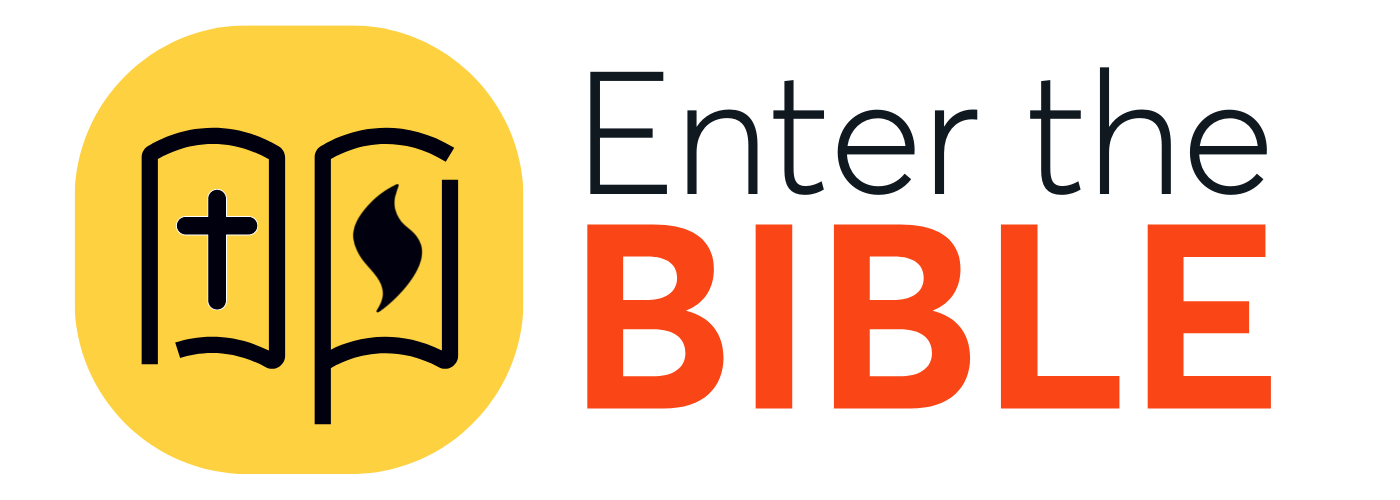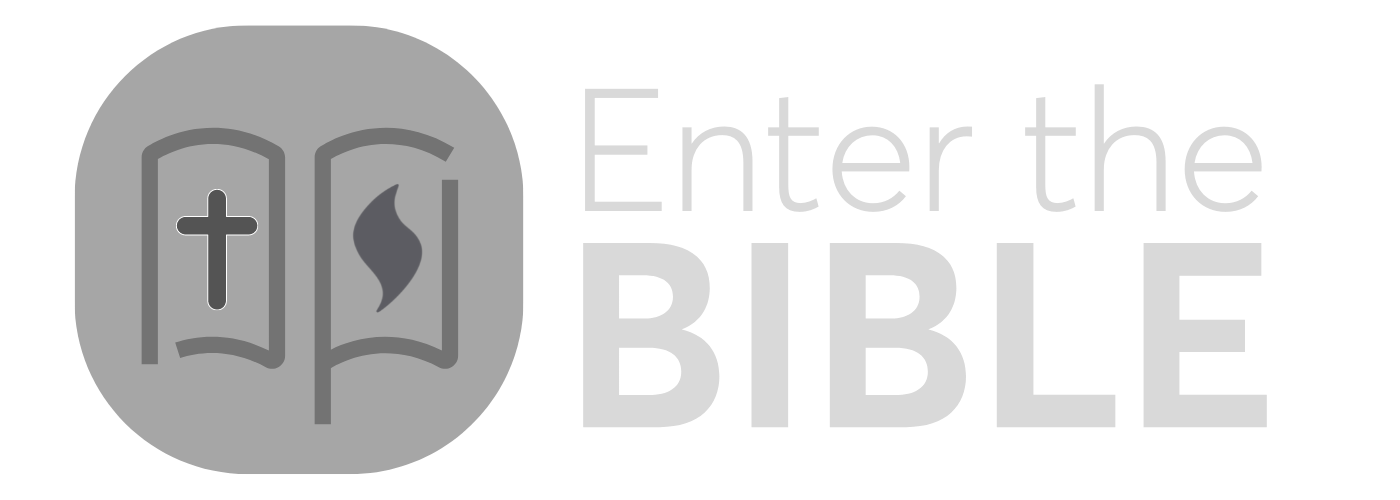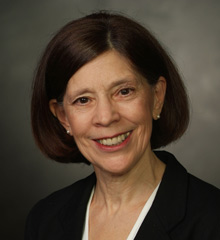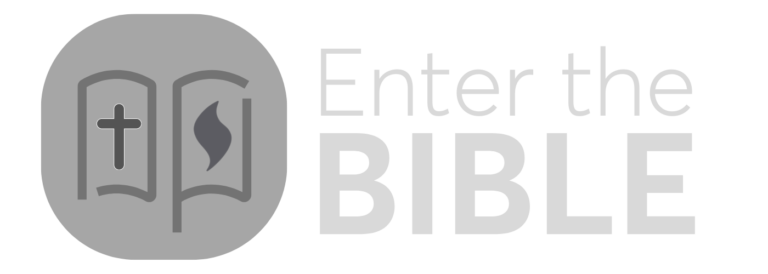How to choose? Almost every script passage repays study by unfolding into a Word that matters deeply, often surprisingly.
Over the years, passages to which I’ve been asked to turn my attention rather than things that just “jumped out at me” have become my favorites. The realism and humility of Ecclesiastes 3:9-15, for instance, or the images of hope for all God’s people in Zechariah 8:20-23 where humility is again a watchword for Israel. What about the confidence, poetry and, yes, here it is again, humility of I Corinthians 13? Or the joy of Nehemiah 8? What about the clarity of the story of Dives and Lazarus in Luke 16:19-31? They are all my favorites and then some.
Today my choice is shaped by the Spirit that moved in a Vigil service for the Charleston Nine, our sisters and brothers slain in the very act of attending to God’s word and to one another. I turn to the intricate relationship between God and humans so beautifully laid out from Exodus 24:17 through the end of the book in 40:38.
It’s a long text indeed and there is much repetition, a repetition that underlines the importance of what is being said. The text is about the transformation of human perceptions of God, initiated by God for those hapless followers of Moses. In 24:17, God appears as a “devouring fire on the top of the mountain in the sight of the people of Israel.” By 40:38, God appears as fire within their camp, indeed within the tabernacle as a visible sign of God’s presence against the darkness of night “before the eyes of all of Israel at each stage of their journey.” This is a long story, painstakingly told, about how God comes to be seen as at home among God’s people. No longer a distant and threatening force on a mountain whom only Moses dares approach, God has become in these chapters a blessingBlessing is the asking for or the giving of God's favor. Isaac was tricked into blessing Jacob instead of his firstborn Esau. At the Last Supper Jesus offered a blessing over bread and wine. To be blessed is to be favored by God. More, the sign of whom is welcomed, cherished, worshipped.
The text’s length is not accidental. It literally embodies the importance of visibility in number and specificity of words. Two (at least!) big questions are addressed. The first: how can one identify and trust that it is truly God who is present among the people for good? A second: how can humans both discern and yet utterly fail to see God’s yearning for their company, their covenantA covenant is a promise or agreement. In the Bible the promises made between God and God's people are known as covenants; they state or imply a relationship of commitment and obedience. More? In both cases we are talking about fear, really. The people fear that they are leaderless, abandoned, and they fear that their distant God, Moses’ God as it appears, is dangerous to them.
God’s insistence on being made visible, being “met” through the tabernacleThe tabernacle, a word meaning "tent," was a portable worship place for the Hebrew people after they left Egypt. It was said to contain the ark of the covenant. The plans for the tabernacle are dictated by God in Exodus 26. More and the community created around it, stems from God’s wish to appear trustworthy rather than “devouring.” Within this text God declares God’s steadfastness and faithfulness (34:6-7) but not before the people (and the reader) have received both glimpse and pattern to signal God’s presence visibly and beautifully.
Exodus 25:8 states God’s purpose in calling for the beautiful tabernacle to be created by human hands. It is so that God might be seen, according to the SeptuagintThe Septuagint is a pre-Christian (third to first century BCE) Greek translation of the Jewish Scriptures. It is believed that the term Septuagint derives from the number of scholars-seventy (or seventy-two)-who reputedly did the work of translation. More (a 3rd-century BCE Greek translation of the Old Testament), or met among God’s people. The very purpose of God, however, including the creationCreation, in biblical terms, is the universe as we know or perceive it. Genesis says that in the beginning God created the heavens and the earth. In the book of Revelation (which speaks of end times) the author declares that God created all things and... More of a “mercyMercy is a term used to describe leniency or compassion. God's mercy is frequently referred to or invoked in both the Old and New Testaments. More seat” (25:17), is best known as a fire of protection, guidance, and mercy among the people. One can only imagine Moses weighed down by so many instructions wondering how God’s wishes might be fulfilled, when the promise is given in Exodus 31:2-3 that there will be help: God’s spirit will be placed within and among folks in order to empower them for what is needed.
Yet humans are not in-spirited automatons in this work. Not God’s wish, commands, not even the gift of God’s divine spirit can make the space among humans that is needed to recognize God. Human hearts and imaginations must be engaged and responsive. Material is to be brought as a free-will offering. Women and men, both genders so carefully delineated and repeated, are invited rather than compelled to participate (for example, Exodus 35:22, 25, 26). The community of God’s people is not a community forced to come forward, forced to create, forced to see and know God. It is invited, empowered, and once fear is set aside, generous in service. All the women and men whose hearts move them come forward to give and to serve.
This text is no romantic depiction of God people in more idyllic times or it would not speak in the midst of our own failures. Like Genesis 2 where God is visible and present in the garden, only to become a feared presence for Adam and Eve, so here the community’s fear hides God from their sight as God wishes to be known among them. At the heart of this long text is Exodus 32, the story of the Golden Calf, and Exodus 33-34, the story of Moses insisting on God’s relationship to the whole people, not just the one who might be found worthy. It is in the midst of this struggle between Moses and God that God concedes: Yes, these are my people and I will not leave them. Their fear of abandonment can be assuaged by trust and, because we so need it, by sign of God’s accompaniment.
The roles of human beings as leaders, lovers, creators, and as fearful ones; the liveliness of the relationship between God and God’s people never once and for all, yet utterly faithful; the understanding of God for the high importance of what can be seen for us, God’s creatures; the amazing provision of all that is beautiful to eye and touch as sign of God’s abundance and God’s passionPassion is the theological term used to describe Jesus' suffering prior to and including his crucifixion. The Passion Narrative (the portions of the Gospels that tell of the Last Supper, trial, and crucifixion of Jesus) are often read in church during Holy Week. More for beauty; the importance of women as well as men; the ability of humans to respond with joy and generosity to God’s invitation to create a space for trustworthy relationship; the gift of the HolyHoly is a term that originally meant set apart for the worship or service of God. While the term may refer to people, objects, time, or places, holiness in Judaism and Christianity primarily denotes the realm of the divine More Spirit to enable us all, in a huge variety of ways, to forge as a community, a new understanding of God, a new way to see the covenant reality: all these themes and more are in this passage. In a short essay I cannot hope to open all of them up to you. I can and do commend your patient attention to the second half of Exodus to help you imagine how God forges community and calls people to God’s mercy seat, even in the midst [mist] of their fears. Thanks be to God.










